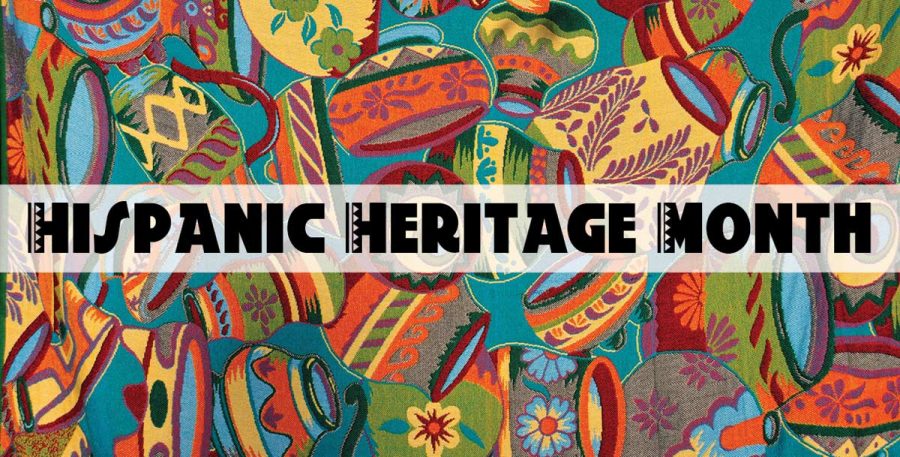Students learn gender inclusivity in Hispanic Heritage event
October 10, 2022
Many in the Latinx culture believe men are superior to women, a speaker at a Hispanic Heritage Month event said on Oct. 4.
Men who are aggressive with women, try to dominate others, are ultra-competitive and do not often show emotions might be expressing “machismo,” Eric Anglero, assistant director for the Gender + Sexuality Resource Center at Princeton University, said during an online panel called “Deconstruct Machismo for Gender Inclusivity in Latinx Spaces.”
Machismo was born in Latin America and is similar in concept to toxic masculinity, Anglero said.
“It’s so embedded in our culture. It’s not just accepted but often expected in Latin American culture,” Anglero told a 20-plus-member Zoom audience. “Machismo is a social behavior pattern, in which Latino males exhibit an overbearing attitude to anyone in a position he perceives as inferior, demanding complete subservience.”
The origins of machismo are found in Spanish traditions of the patriarchy, said Aglero, who called machismo “a stereotype that emphasizes hyper-masculinity and is associated with the Latin Americans.” Anglero added, however, that machimo’s roots can be traced back to the conquests of the Spanish conquistadors.
Before that, Anglero said, men “transcended their gender roles” in some Latinx cultures that embraced sexual fluidity.
Anglero expressed the importance of understanding what healthy gender expression looks like and how it is liberating to all genders.
“Exploring my culture allowed me to explore my gender,” Anglero said. “It allowed me to be vulnerable for the first time, after being told so many times that you’re a man and that you need to act this way, that you need to respond in anger.”












